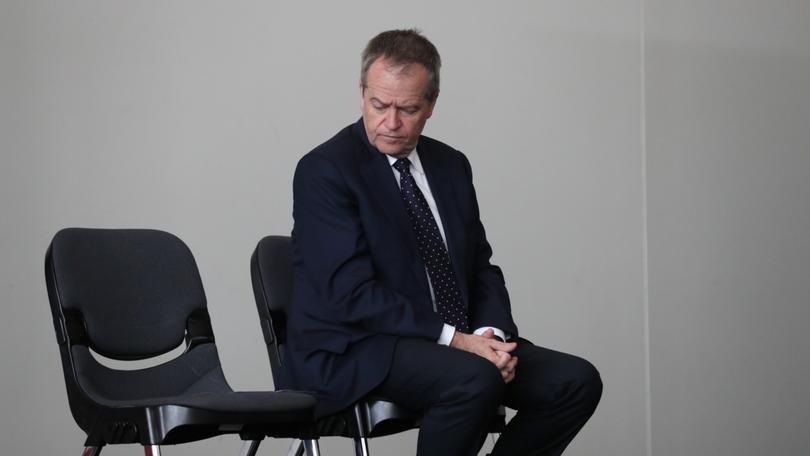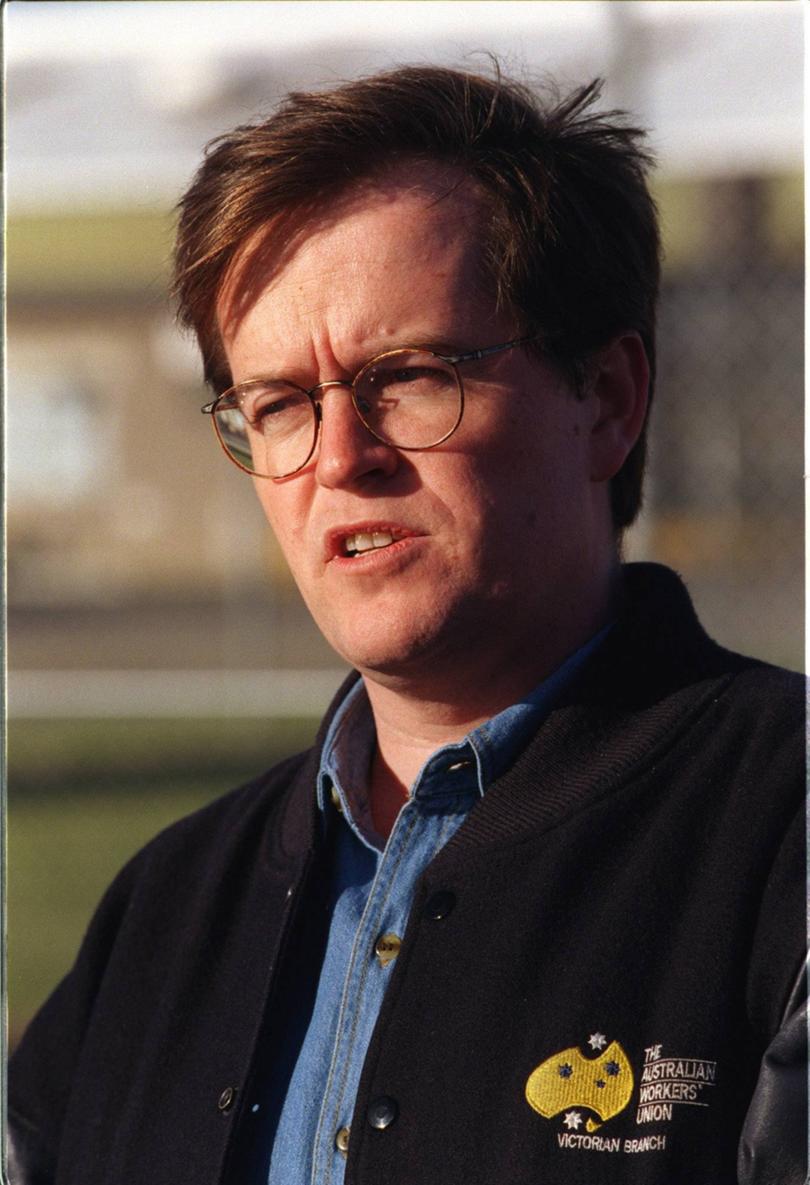Bill Shorten retires: The five most memorable political moments from Maribyrnong MP and ex-opposition leader
Bill Shorten’s career was full of highlights and lowlights — here are five of his most memorable moments in public life.

Bill Shorten, the former opposition leader who almost became PM before falling agonisingly short on election day, has stepped down from politics after 17 years in Canberra.
His career was full of highlights and lowlights, with his election over Anthony Albanese in 2013 the start of a six-year period as the Federal ALP leader.
His recent performance as NDIS Minister has drawn praise from political pundits, with his direct approach to a tricky portfolio earning accolades.
Sign up to The Nightly's newsletters.
Get the first look at the digital newspaper, curated daily stories and breaking headlines delivered to your inbox.
By continuing you agree to our Terms and Privacy Policy.But his time as Opposition Leader saw him achieve the dubious distinction of being the most unpopular Labor leader in more than 30 years, before losing the 2019 Federal election to Scott Morrison — a poll that the Australian public and polling companies widely predicted he would win.
Here are five of the most memorable moments from Mr Shorten’s political career.
5. Cutting through the NDIS mess
As the NDIS Minister in the Albanese Government, he restored his political reputation after falling short in his attempt to become prime minister.
He was one of the architects of the National Disability Insurance Scheme, so it was not without a hint of irony that, years later, he was lumped with cleaning it up.
His tough-talking approach to what had become a particularly messy portfolio, wracked with allegations of fraud and red tape, has been a welcome beacon in Federal politics.

In August, in what may be his final major act as a Government minister, he managed to get legislation approved that would herald a new NDIS era, along with sweeping reforms to the sector.
“The legislation will boost the NDIS watchdog’s ability to take compliance action, building on the comprehensive reforms we have already made to crack down on fraud and safeguard the scheme for participants,” he said at the time.
4. The faceless man
In the dark days of the Rudd-Gillard-Rudd governments, Mr Shorten was one of a group of Labor factional heavyweights and powerbrokers pulling the levers in the ongoing power shuffle.
When Mr Rudd’s “Kevin ‘07” goodwill dried up with voters and the polls began to turn, the now-infamous group of “faceless men” orchestrated the promotion of his deputy, Julia Gillard, to become leader of the party and Australia’s first female PM.
Ms Gillard managed to string together a minority government at the following election, but two years into her term Mr Shorten and the faceless men turned their political knives on her and re-elevated Mr Rudd in a desperate bid to make ground ahead of the Federal election.
That attempt failed and Tony Abbott became PM in 2013 — but not before Mr Shorten was rewarded with a short stint as education minister. After Mr Abbott won, Mr Shorten began his six-year stint as Opposition Leader.
3. Accusing Cory Bernardi of being a ‘homophobe’
In 2016, the Malcolm Turnbull-led Liberal Government announced a review of the Safe Schools program, which had been designed to reduce bullying of LGBTQI+ students in schools.
Mr Shorten was holding a press conference admonishing the review, when former Liberal MP Cory Bernardi, who had been one of the program’s most vocal opponents, walked past.
“That’d be the chap,” he said of Mr Bernardi as he walked past.
“At least I’m honest, Bill,” replied Mr Bernardi.
“And you’re a fraud mate.”
“Nah mate,” fired back Mr Shorten.
“At least I’m not a homophobe either mate so let’s just do the right thing here.”
2. ‘Pillar of strength’ at Beaconsfield mine disaster
In 2006, before Mr Shorten became a Federal MP, he was the Australian Workers Union national secretary.
On April 25, tragedy struck at a gold mine in Beaconsfield, Tasmania, when a rock fall trapped 17 miners underground.
Tragically, one miner died in the collapse, and for two weeks, the focus of the country was on the rescue attempts for those surviving.
Mr Shorten was at the scene day-in, day-out providing support to workers and updates for journalists eager to deliver news to an anxious nation.
On May 9, after 14 days trapped underground, the two remaining miners were rescued.
Mr Shorten was labelled a “pillar of strength” by the AWU.
1. Losing the ‘unlosable’ election
For 12 months leading up to the 2019 election, against a Liberal Party that had suffered near-identical leadership turmoil as the Labor Party had during the Rudd-Gillard-Rudd years, Mr Shorten was widely expected to win.
Opinion polls predicted victory and even bookmakers paid out early on the odds of Labor wresting control after six years of political infighting.
But a series of poor policy decisions, including the ALP’s tunnel vision-like focus on negative gearing and franking credits — as well as Shorten’s unpopularity with the voting public — meant he never had the chance to be PM.

